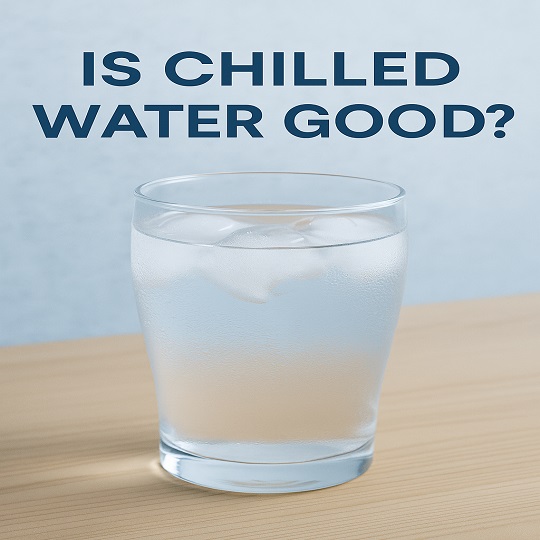
Self Medication: Understanding the Risks and Protecting Your Health
Self Medication. Self-medication, the practice of taking medications without consulting a healthcare professional, can be a tempting way to treat minor ailments or save money on healthcare costs. However, it’s important to be aware of the potential dangers and risks associated with self-medication, as it can have serious consequences for your health.
In this article, we’ll explore the perils of self-medication and emphasize the importance of seeking professional medical advice before taking any medications.
Dangers of Self-Medication
The Perils of Self-Medications: Understanding the Risks and Protecting Your Health
Self-medication, the practice of taking medications without consulting a healthcare professional, can be a tempting way to treat minor ailments or save money on healthcare costs. However, it’s important to be aware of the potential dangers and risks associated with self-medication, as it can have serious consequences for your health. In this article, we’ll explore the perils of self-medication and emphasize the importance of seeking professional medical advice before taking any medications.
Dangers of Self-Medications
Self-medicating can lead to several adverse outcomes, including:
– Incorrect Diagnosis and Treatment: Self-diagnosing can be inaccurate, leading to the wrong medication or dosage being taken, which can worsen the underlying condition.
– Drug Interactions: Taking multiple medications without medical supervision can result in harmful drug interactions, causing unexpected side effects or reduced effectiveness.
– Overdosing: Self-medicating can increase the risk of overdosing, especially with medications that have a narrow therapeutic index, meaning a small difference between a safe and toxic dose.
– Allergic Reactions: Self-medicating can trigger allergic reactions, which can be mild or severe and potentially life-threatening.
– Delayed or Missed Treatment of Serious Conditions: Self-treating minor symptoms may delay or prevent seeking necessary medical attention for more serious underlying conditions.
When to Seek Medical Advice
It’s crucial to seek professional medical advice before taking any medications, even over-the-counter (OTC) drugs. Some situations that warrant seeking medical attention include:
– Persistent or Severe Symptoms: If symptoms persist or worsen despite self-treatment, it’s important to consult a healthcare professional to determine the underlying cause and receive appropriate treatment.
– Chronic Conditions: Individuals with chronic conditions should always consult their doctor before taking any medications, as they may have specific medication needs or interactions to consider.
– Multiple Medications: If you’re taking multiple medications, it’s essential to consult a doctor or pharmacist to ensure there are no potential drug interactions or contraindications.
– Pregnancy or Breastfeeding: Women who are pregnant or breastfeeding should always consult their doctor before taking any medications to avoid potential risks to the baby.
– Children: Children’s bodies and metabolisms are different from adults, so it’s critical to consult a pediatrician before giving them any medications.
Conclusion
Self-medication can be a risky practice that can have serious consequences for your health. While it may seem convenient or cost-effective, it’s always best to seek professional medical advice before taking any medications. Healthcare professionals are trained to diagnose and treat medical conditions appropriately, ensuring your safety and well-being. By understanding the dangers of self-medication and prioritizing professional medical care, you can protect your health and make informed decisions about your treatment options.
References:
1. World Health Organization. (2018). Self-medication and self-care in health systems: A systematic review. Retrieved from [https://apps.who.int/iris/bitstream/handle/10665/272827/9789241514198-eng.pdf](https://apps.who.int/iris/bitstream/handle/10665/272827/9789241514198-eng.pdf)
2. Centers for Disease Control and Prevention. (2019). Self-medication: What you need to know. Retrieved from [https://www.cdc.gov/medicinesafety/selfmedication.html](https://www.cdc.gov/medicinesafety/selfmedication.html)
3. National Institutes of Health. (2020). Over-the-counter medicines: Use with caution. Retrieved from [https://www.nichd.nih.gov/health/topics/over-the-counter-medicines/conditioninfo/Pages/default.aspx](https://www.nichd.nih.gov/health/topics/over-the-counter-medicines/conditioninfo/Pages/default.aspx)
4. Food and Drug Administration. (2021). Over-the-counter (OTC) medications. Retrieved from [https://www.fda.gov/drugs/informationondrugs/ucm143534.htm](https://www.fda.gov/drugs/informationondrugs/ucm143534.htm)
5. American Academy of Pediatrics. (2019). Medication safety for children. Retrieved from [https://www.healthychildren.org/English/safety-prevention/all-around/Pages/Medication-Safety.aspx]




